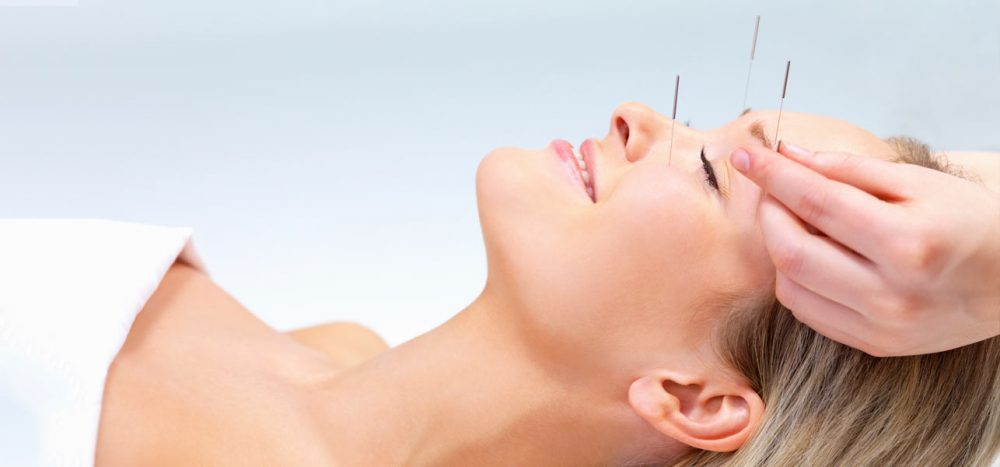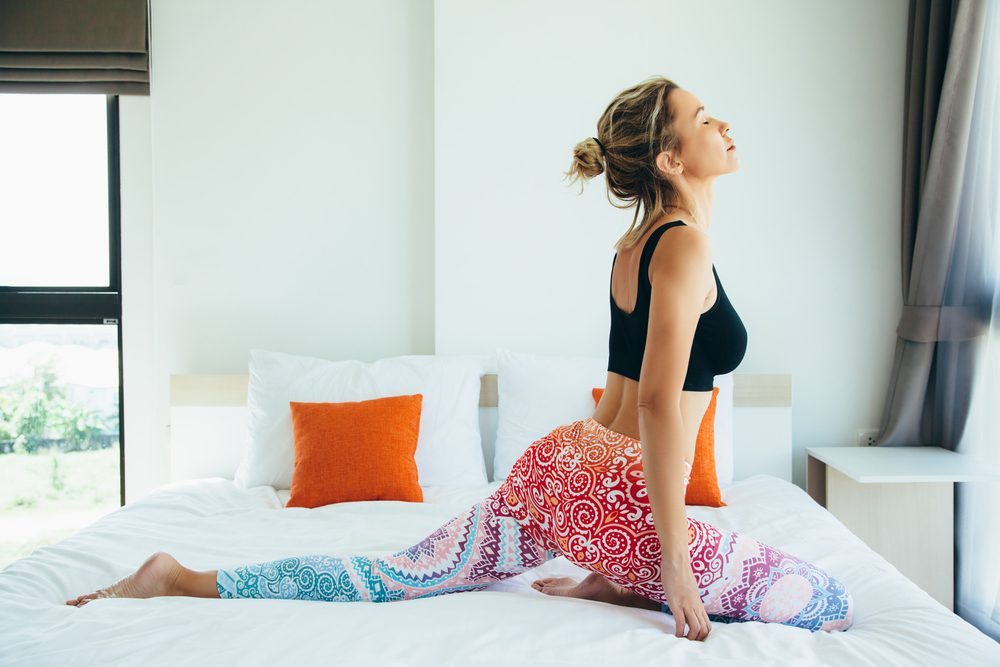
Trouble sleeping – either falling asleep or staying asleep – is a common problem that affects everyone at some time. There is no “normal” amount of sleep. Some people need ten hours a night, while others do well on as little as four hours of sleep.
Symptoms: Lack of sleep creates daytime fatigue, irritability, and difficulty coping. It is one of the major causes of auto accidents.
Causes: Insomnia is a symptom with many different causes
- sleep phase disorders (such as sleep apnea),
- restless legs (common after age fifty),
- too much noise or light, and
- lifestyle factors (lack of exercise, erratic hours, too many supplements before bed, or misuse of drugs).
Common causes are
- Plain old worry,

- Depression.
- Too much caffeine, and
- Menopause.
- Also, as people grow older, they generally need less sleep and wake more frequently during the night.
- Chronic stress elevates the stress hormone cortisol, which can cause insomnia.
- Uniquely Female: Hormonal changes during the premenstrual phase of menstruation, perimenopause, and menopause alter sleep patterns or can bring night sweats and hot flashes, which disrupt sleep off and on, sometimes for several years. Awakening between 3:00 and 4:00 A.M. is classic during menopause. For pregnant or nursing women, avoid all sedatives, especially during the first trimester of pregnancy. Women with sleep apnea who experience chronic snoring, frequent morning headaches, and debilitating daytime fatigue are at increased risk for heart attacks, stroke, and other cardiovascular events, and have twice the risk of heart failure. See your doctor about treating the apnea.
What to do

- Acupressure can help. Apply gentle pressure on the feet at the big toes, tips of toes, and up the sides and the middle of the lower legs. Hold for ten seconds at a time, then rub gently.
- Make sure your mattress and pillow are comfortable. Wear loose-fitting sleepwear. Turn bright-light digital clocks away from the bed. Make sure the room is completely dark and isn’t too hot or too cold.
- Sleep on 100 percent cotton sheets. Poly/cotton sheets or any new bedding treated with formaldehyde can cause insomnia. Wash new bedding three times with baking soda and air outside for a week before using it.
- If you are sensitive to electromagnetic fields, move all electrical appliances at least six feet from the head of your bed.
- Try a relaxing fifteen-minute hot bath with 2 cups of Epsom salts or baking soda before bed.
- Don’t use your bedroom for anything other than sleeping and sex.
- Avoid stimulants (coffee, tea, cola, and amphetamine-type drugs) for two to three hours (six to eight hours for sensitive folks) before bed.
- Avoid large meals before bed. However, do eat a light snack of healthy food prior to bedtime if you are hungry.
- Develop regular sleeping habits, including a quite activity, such as reading, before bed.

- Learn deep breathing and muscle relaxation techniques.
- Don’t nap during the day.
- Don’t use tranquilizers or alcohol to help with insomnia.
- Take medication for underactive thyroid first thing in the morning, not in the evening. Other medications, such as decongestants, appetite suppressants, blood pressure or seizure medication, and beta-blockers, can interfere with sleep if taken too late in the day, as can certain supplements (except melatonin).
- Consider a “white noise” machine.
- Nicotine is a stimulant. Don’t smoke, especially before bed.
- Get regular daily exercise. Exercise in the mornings, except for a “constitutional”walk before bed; vigorous exercise in the evening can keep you awake.
- Don’t fall asleep in front of the TV; the flickering light affects your nervous system.
- If yours or your partner’s snoring keeps waking you up, have the snorer try the following suggestions: use nasal strips; encourage the snorer to sleep on his or her back; elevate the head of the bed; lose weight; cut back on alcohol at night; or try nasal douching if stuffiness is from allergies (buy a “neti pot” from your alternative practitioner – fill with a solution of ¼ tsp. sea salt and ¼ tsp. baking soda in spring or distilled water and alternate pouring through each nostril. It works incredibly well).
Diet:

Increase calcium– and magnesium-rich foods such as leafy green vegetables, salmon, soy products, raw seeds and nuts. Eat tryptophan at dinner or bedtime: bananas, figs, dates, yogurt, cottage cheese, fish, peanuts, and turkey. Sometimes 1 tsp. honey in a warm glass of milk before bed helps.
Avoid:
The major culprits – coffee, chocolate, sugar, and alcohol. Sometimes fruits and starchy foods consumed after midafternoon may be troublesome. Strong spices and MSG (monosodium glutamate) may affect sleep. Avoid taking too many of your regular supplements before bed, including vitamin C.
Nutrients:
- Melatonin, 0.5-3 mg, especially if you’re over age forty-five, one to one and a half hours before bed, or chew and let dissolve under your tongue twenty minutes before bed. For those who work at night. Taking 10 mg of melatonin when going to bed in the daytime may improve daytime sleep; however doses this high, if taken for several months in a row, may create early menopausal symptoms.
- Pantothenic acid, 200 mg with dinner, if melatonin doesn’t work
- Magnesium, 250 mg one hour before bed
- Vitamin E, 400 IU before bed, and folic acid, 800 mcg per day, for insomnia caused by restless legs
- Choline, 200 mg with dinner
- Vitamin B1, 500 mg at night to reduce nightmares
- Take vitamin B12 and B complex in the morning so they don’t keep you awake at night.
To summarize, sleep problems and sleep deprivation are very common and can have serious consequences. Good sleep hygiene and behavioral treatments can often significantly improve the quality of sleep.
Disclaimer
The Content is not intended to be a substitute for professional medical advice, diagnosis, or treatment. Always seek the advice of your physician or other qualified health provider with any questions you may have regarding a medical condition.



